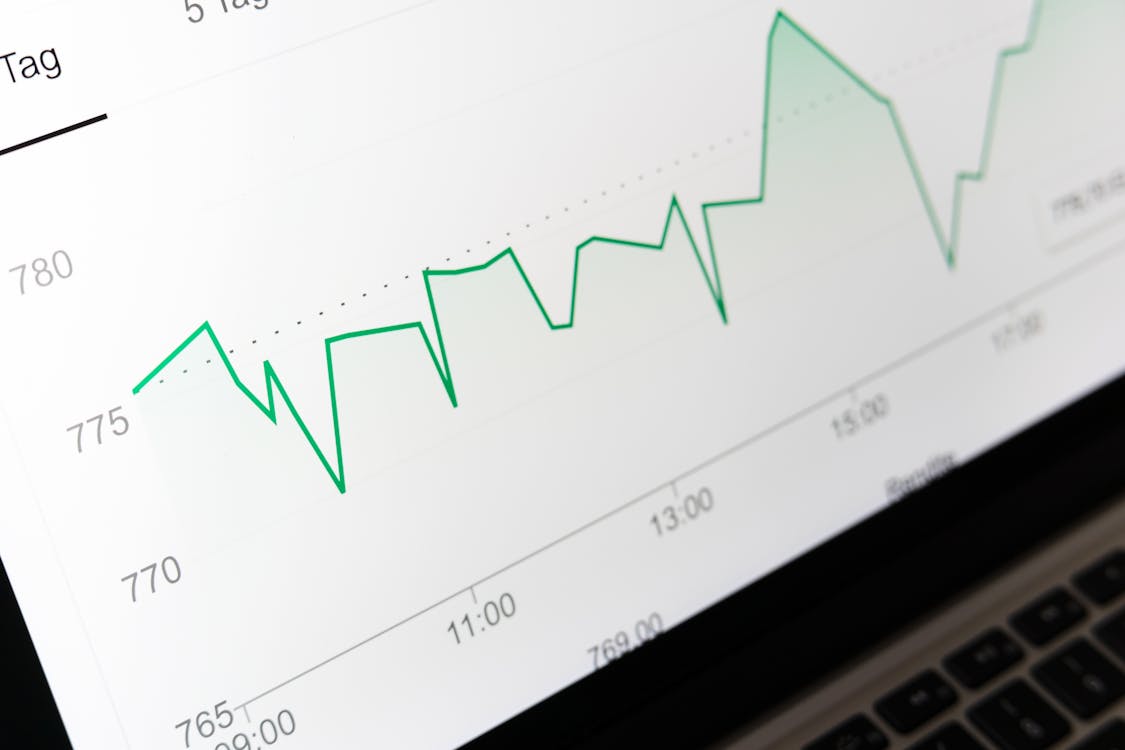Trump’s Tariffs On Brazil And Their Effects

Image Source: Pexels
Policies from the White House have directly targeted Brazil over the last several days. That’s why we’re tapping into our network and have invited Brazilian geo-political and economic expert, Roberto Georg Uebel to share his insights.
For Prinsights Pulse Premium readers, you’ll recall that we had an exclusive conversation with him in our October monthly issue.
Once again, he’s sharing his first-hand insights below and we hope you find his analysis as insightful as we do!
Enjoy, Nomi!
Announced in July by President Donald Trump, the additional tariffs of up to 50% on Brazilian-origin products were formalized on Wednesday, July 30, alongside a substantial list of nearly 700 exemptions. These include eight of Brazil’s top exports to the United States, within a trade relationship that has long generated a surplus for the U.S. The executive order is set to take effect on August 6, a key date for global trade watchers.
Strategic Exemptions vs. Economic Disruption
Among the exempted items are goods and services considered essential to the U.S. economy and core to its geopolitical competition with China, Russia, and the EU. These include the aerospace sector – especially Embraer, whose market value rose by nearly $1 billion – along with automotive and energy products. Exemptions also cover coal, natural gas, oil, orange juice, nuts, and metals such as iron, steel, aluminum, and copper. Critically, rare earths and strategic minerals – vital for the AI and tech race – were spared.
These exemptions signal that national security and geoeconomic calculations outweighed protectionist impulses in specific sectors. Meanwhile, industries such as coffee, beef, textiles, footwear, and furniture, still vital to Brazil’s export portfolio, face the full 50% levy. These tariffs could undercut the competitiveness of Brazilian goods, particularly in segments already dominated by lower-cost producers like China and others in Asia, Africa and Latin America.
Regional Repercussions and Political Pressure
The new tariffs underscore a pivotal moment in U.S.-Brazil 200-year relations. While the scale of the so-called tarifaço is somewhat smaller than feared, it will still affect thousands of Brazilian exporters and disrupt sectors that heavily depend on the American market.
In southern Brazil, local industry leaders have warned of serious impacts, especially in the footwear sector. States like Rio Grande do Sul could see up to 85% of their export base affected. The region’s dependence on U.S. markets, combined with the aftereffects of recent climate shocks and growing global competition, places pressure on policymakers to diversify Brazil’s trade partnerships.
On the U.S. side, should both governments fail to reach a deal, Americans may see higher prices on household staples like beef and coffee – an inflationary risk that could carry political consequences during an election cycle. Additionally, some sectors in the U.S., such as electronics and energy storage, remain reliant on Brazilian inputs like copper, which, although currently exempt, could become a flashpoint if tensions escalate.
From Corporate Diplomacy to Geoeconomic Realignment
One of the most immediate responses has come not from state actors, but from the private sector. U.S. and Brazilian industries, especially in food and apparel, are lobbying intensely for revisions or exemptions. This emerging “corporate diplomacy” reflects the rising influence of multinational firms in shaping bilateral trade policy when traditional diplomacy stalls.
Efforts to de-escalate are likely to intensify in the coming weeks. As both sides weigh economic and political costs, investor attention should focus on whether key sectors, particularly those tied to national security or supply chain resilience, retain their exemption status.
Beyond the short-term economic impacts, the tariff decision is part of a broader realignment in global trade alliances. Brazil’s growing role in critical mineral supply chains, and its strategic positioning between the BRICS bloc and Western partners, make it a key country in the evolving global order.
While the U.S. maintains a trade surplus with Brazil, the mutual dependency on strategic commodities like rare earths and biofuels suggests a more complex dynamic. These exemptions show that even in an era of increasing protectionism, some sectors are simply too important to disrupt. They also reveal how geopolitical power plays shape trade outcomes more than tariffs alone.
Brazil, for its part, has been pursuing trade diversification strategies, with recent deals signed with the EU and EFTA and ongoing efforts to expand into Asia. These moves, accelerated by tariff threats, could reshape its long-term trade orientation.
Why Investors Should Watch This Space
The August 6 deadline is more than a trade maneuver – it’s a signal to global investors about where tensions may arise next. Brazil is not only a major player in food exports but also increasingly central in the green tech value chain, from copper to rare earths and bioenergy. These developments matter for anyone assessing risk, pricing commodities, or reallocating global portfolios.
As the world's trade alliances realign and geopolitical pressures intensify, Brazil’s position – between the U.S., China, BRICS+, and Western multilateral institutions – makes it an essential country to watch for sector-specific and cross-border investment decisions.
More By This Author:
The New Gold Hub? Here’s Why Singapore Storage Is RisingThe LNG Boom Is Just Getting Started
Powell’s Pause: Divergence, Demand, And Gold
Disclosure: None.



